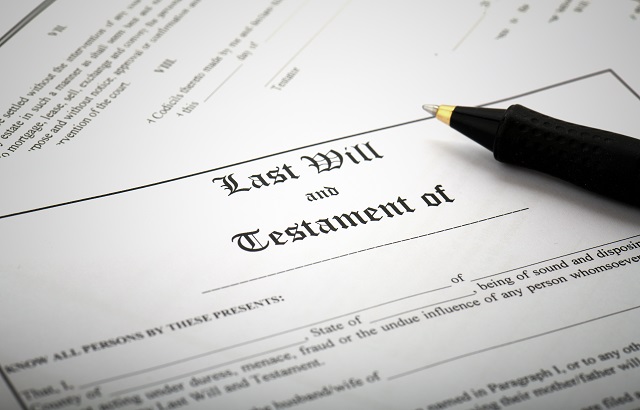Private wealth law firm Irwin Mitchell has said that people should always use “golden rule” capacity assessments after a woman was awarded half of her mother’s £325,000 ($400,179, €359,416) estate in a lengthy court battle.
Jean Clitheroe died in 2017, leaving her estate in its entirety to her son, John Clitheroe, the High Court heard.
Two Wills had been made and her daughter Susan Bond was cut out of both.
Jean Clitheroe said that she was “a shopaholic and would just fritter it away”, while the second Will made wider allegations of theft from the property of Jean’s deceased daughter, Debra.
Decision
While John Clitheroe said both Wills were valid, Susan Bond argued the allegations were untrue as their mother had a complex grief reaction to Debra’s death which poisoned her mother’s mind against her, and that John Clitheroe had encouraged this in order to inherit all of the estate.
Judge Deputy Master Linwood found that while John Clitheroe hadn’t interfered in Susan Bond and Jean Clitheroe’s relationship, there was enough evidence showing their mother had suffered from an “affective grief disorder” and that Susan Bond had no noteworthy shopping habits.
The 2010 and 2013 Wills were both struck out and Jean Clitheroe was ruled to have died intestate.
Golden rule
Irwin Mitchell said the case is “sad, but unfortunately a common example of how Will disputes can form where mental capacity is a concern”, however a “golden rule” can be applied in these situations.
“After years of irrational and upsetting behaviour from her mother, Susan must feel relieved to have her side of the story recognised with this judgment,” said Nicola Bushby, partner at Irwin Mitchell. “However, all of this could’ve been avoided if the golden rule had been applied.
“The golden rule is to get a capacity assessment, ideally from an experienced psychiatrist, to confirm the position either way. These are useful if the person making the Will is elderly, has a poor mental health record, or takes medication that could affect their reasoning, among other examples.
“If there’s a report in place confirming the person’s capacity to make a Will, this can be a huge help in making sure the Will is admitted to probate and prevent a huge amount of heartache later on.”








